Source: NEI
Date: Aug 23, 2024
By: Marcus Nichol, Hilary Lane
Beyond the electric grid that our homes are connected to, many industries across the United States, like chemical processing, oil and gas, steelmaking, and concrete production, are looking for solutions to help their industries reduce carbon emissions. Decarbonizing these industries is critical as the U.S. works to meet net-zero carbon reduction targets. Thankfully, there’s a solution that can help: nuclear energy. Nuclear is uniquely suited for these applications due to its versatility and ability to generate clean, reliable energy and heat. Micro and other advanced reactors are increasingly viable options for lowering emissions in these hard-to-abate and often remote sectors.
Nuclear energy has the potential to decarbonize entire segments of our economy while working to meet the surging energy demand we will continue to see from re-shoring of manufacturing and new technologies like advanced computing and AI. The Department of Energy estimates that U.S. domestic nuclear capacity has the potential to triple, growing from approximately 100 GW in 2024 to 300 GW by 2050, driven by deployment of advanced nuclear technologies.
To meet this moment, there is no time to waste. With nuclear power on the verge of an unprecedented opportunity, the NRC, industry, and Congress have all identified the need for a modernized regulatory framework to ensure success.
Micro-reactors require a vastly more efficient regulatory process due to the needs of the businesses desiring to deploy them. This requires fundamental change in the regulatory framework to enable the rapid deployment of safe micro-reactors. Current NRC processes were established for deployment of large reactors at a plodding pace. These processes do not support the pace that U.S. businesses must operate. Earlier this year, a strong bipartisan majority in Congress laid the groundwork, with the passage of the ADVANCE Act. A key portion of the ADVANCE Act was in Section 208 that would require the NRC to establish a new regulatory framework adapted for micro-reactors.
While Congress was working on the ADVANCE Act, NEI was working with our members on a proposal to submit to the NRC to drastically streamline the regulatory process for advanced reactors.
NEI sent its regulatory proposal paper to the NRC this summer, to serve as a potential blueprint in implementing the bold vision of the ADVANCE Act section on micro-reactors. This comprehensive proposal leverages the inherent safety and security features of advanced technology to enable a business model for rapid high-volume deployment of reactors that is characterized by being able to deploy micro reactors in a period of months instead of years with regulatory costs that are a fraction of those borne by current fleet. A more effective and efficient regulatory process will enable more widespread adoptions of safe, reliable micro and other advanced reactors to convert more industries to clean energy. NEI’s regulatory proposal offers the NRC a feasible licensing pathway to enable shorter deployment timelines, that is broadly sought by the industrial sector, and other new customers.
NEI’s proposal has outlined a path forward. Businesses are waiting to see whether the NRC can meet this moment. The industry needs indications of whether these business needs can be met by the end of this year.
If the NRC pursues the recommendations in NEI’s proposal paper, it will create the opportunity to make the safe operation of nuclear power more widespread amongst hard-to-abate industries – creating more jobs, economic prosperity, strengthening national security, and producing more reliable, clean energy.


